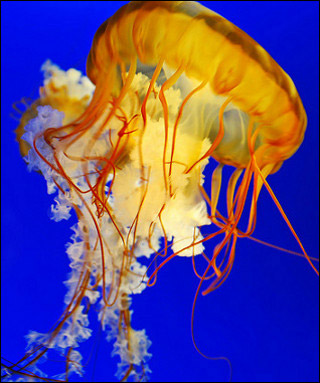Course Description
This course applies the tools of anthropology to examine biology in the age of genomics, biotechnological enterprise, biodiversity conservation, pharmaceutical bioprospecting, and synthetic biology. It examines such social concerns such as bioterrorism, genetic modification, and cloning. It offers an anthropological …
This course applies the tools of anthropology to examine biology in the age of genomics, biotechnological enterprise, biodiversity conservation, pharmaceutical bioprospecting, and synthetic biology. It examines such social concerns such as bioterrorism, genetic modification, and cloning. It offers an anthropological inquiry into how the substances and explanations of biology—ecological, organismic, cellular, molecular, genetic, informatic—are changing. It examines such artifacts as cell lines, biodiversity databases, and artificial life models, and using primary sources in biology, social studies of the life sciences, and literary and cinematic materials, and asks how we might answer Erwin Schrodinger’s 1944 question, “What Is Life?” today.
Course Info
Instructor
Departments
Learning Resource Types
assignment
Written Assignments

This jellyfish lives at an aquarium in Osaka, Japan. Topics covered in this course include the “alien” nature of marine life, as well as narratives of evolution, and human interactions with natural environments. (Image courtesy of sprengben on Flickr. CC-BY-NC-SA.)








